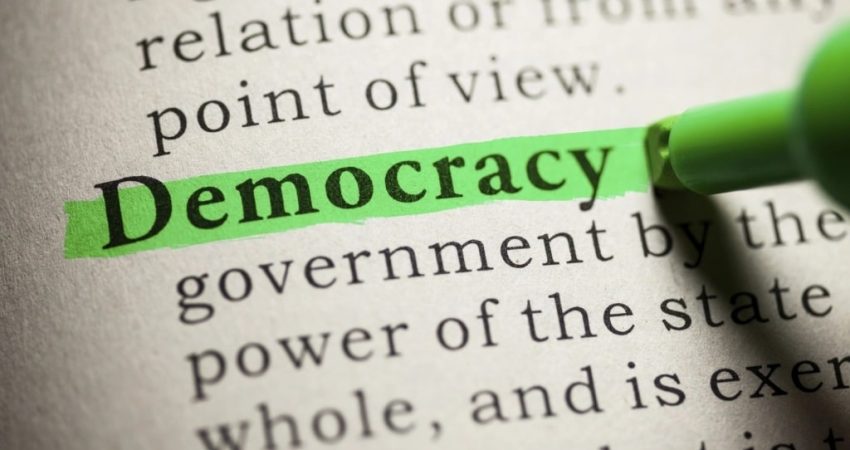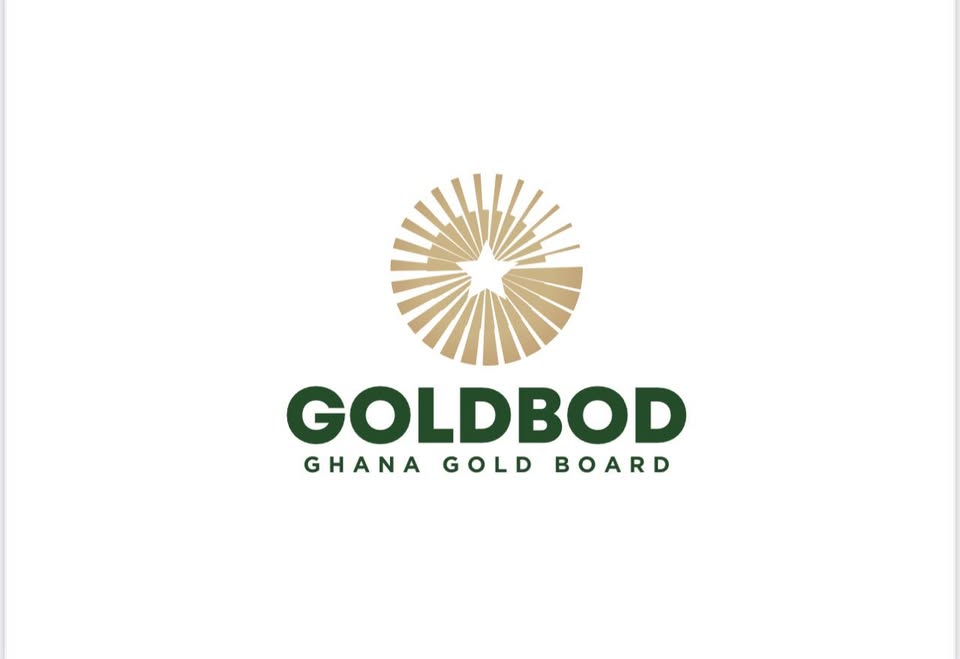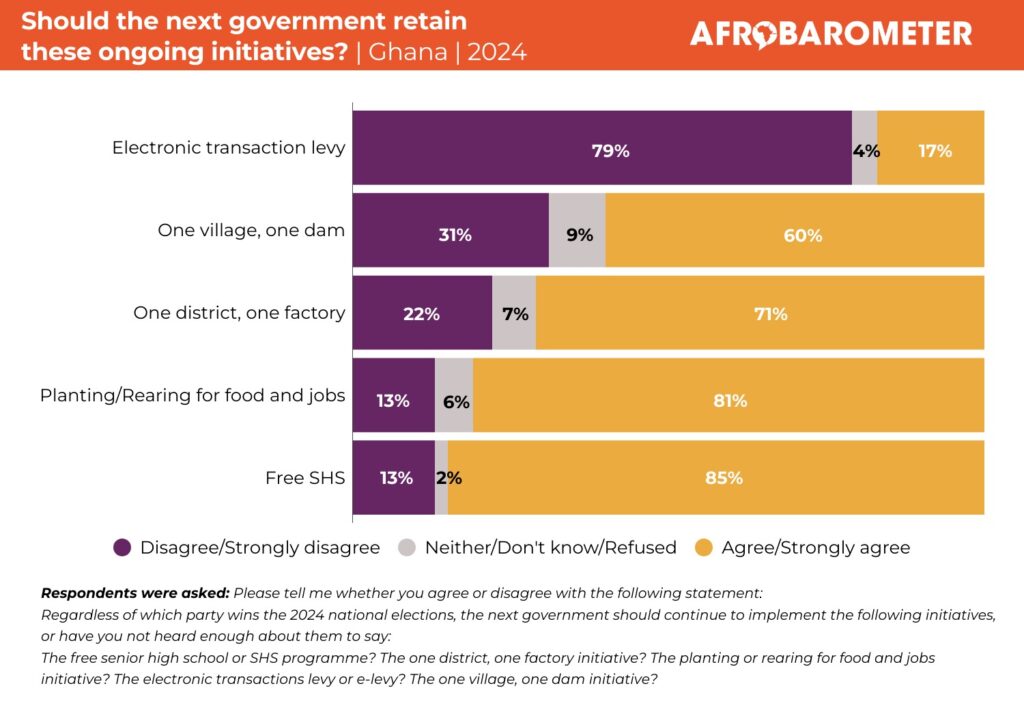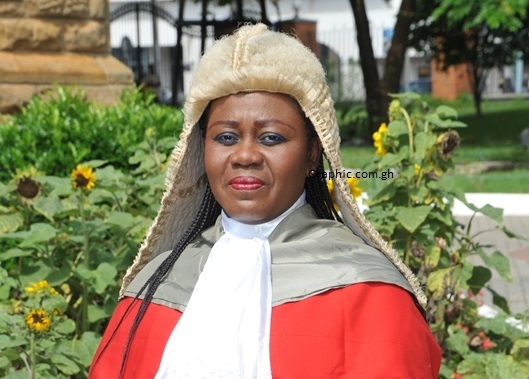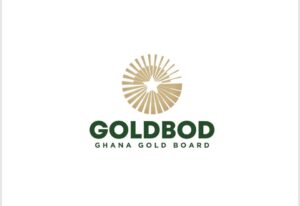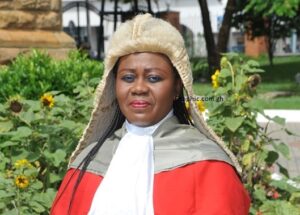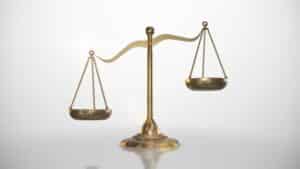The Democracy Index, produced by the Economic Intelligence Unit, reports on the state of democracy worldwide. The index captures the state of democracy in five categories: electoral process and pluralism, functioning of government, political participation, political culture, and civil liberties. Countries are classified into one of four types of regimes – “full democracy”, “flawed democracy”, “hybrid regime”, or “authoritarian regime. In the most recent edition (2022), the report had this to say about Sub-Saharan Africa, “Many of the nations in Sub-Saharan Africa continue to be concentrated at the bottom of the Democracy Index rankings”. In the report, the region had only one “full democracy, six “flawed democracies”, fourteen “hybrid regimes”, and twenty-three authoritarian regimes.
The curious thing is that, among some of the countries classified as hybrid or authoritarian, are countries that have undergone “democratic” transitions and continue to hold regular elections leading me to ask whether these findings from the Economic Intelligence Unit signal troubling times for democracy in the region? I turn to the Afrobarometer survey for answers.
What do citizens have to say?
In the maiden edition (1999-2001), the survey covered 12 countries with a total respondent size of 14,398. In the most recent round (2019-2021), the survey covered thirty-four (34) countries with a total respondent size of 40,801.
In 1999-2001, seven out of ten (69.6%) respondents across all twelve countries surveyed said they preferred democracy to any other form of government. There were variations however across countries with support ranging from as low as forty percent (40%) to as high as eighty-five (85%). In 2019-2021, seven out of ten (68.4%) preferred democracy to any other form of government. Again, there was wide variation across countries, with support ranging from as low as thirty-eight percent (38%) to as high as ninety percent (90%). There is no significant change in citizens’ preference for democracy over time.
To better understand how strong our preference for democracy is, I examined the extent to which citizens disapprove of non-democratic forms of government. In 1999-2001, citizens’ disapproval of alternative governments was as follows – one party rule (70%); one man rule (80%); and military rule (82%), with variations across all the countries. In 2019-2021, citizens disapproved of alternative governments as follows – one-party rule (77%); one-man rule (82%); and military rule (75%), with variations across all the countries. The verdict here is mixed with the disapproval of one party increasing, one-man rule remaining unchanged, but military rule slightly softening. Overall, at least seven out of ten citizens in the region disapprove of non-democratic forms of government.
With a generally high disapproval rate for non-democratic forms of government and strong support for democracy, how satisfied are we with democracy? To wit, is it safe to assume that we are satisfied with the way democracy is working? In 1999-2001, six out of 10 (59%) expressed satisfaction with the way democracy was working. The country variations ranged between 18% and 75%. In 2019-2021, 42% expressed satisfaction with the way democracy was working. The country variations ranged between eleven percent 11% and 80%.
The Future Of Democracy In The Region
Consider briefly how the democracy balance sheet looks like in the region. The idea of a democracy balance sheet is a comparison between the demand (support) for democracy and the supply (satisfaction) of it. The democracy deficit is the negative difference between support for democracy and satisfaction with how democracy works. Ideally, we want a balance – a situation where we are receiving democracy as much as we want it or a surplus – we are receiving more democracy than we asked for.
From the sentiments expressed by citizens over the different rounds of the survey, democracy remains in a deficit, growing from 10% in 1999-2001 to 26% in 2019-2021. Of the twelve countries that participated in the 1999-2001, eight experienced a democracy deficit with four experiencing a surplus. In 2019-2021, of the 34 countries, only one experienced a democracy surplus. The remaining thirty-three experienced a democracy deficit between four percent (-4%) and sixty percent (-60%).
In essence, we want democracy more than we are getting democracy. Which leads to the obvious question – why are we not getting the democracy that we keep saying we strongly prefer to any other form of government? What are our leaders and political elites missing or failing to do in order to give us the democracy that we want? Are they even picking up the signals being sent by citizens?
Has the region, as a whole, only made a fragile peace with democracy?
We need to pay attention to these democracy deficits. We need to understand why they emerge, persist, and what it all means for the future of democracy in the region.
John Osae-Kwapong (PhD) is a Democracy and Development (D&D) Fellow at CDD-Ghana, Associate Provost for Assessment, Accreditation, and Institutional Effectiveness, Baruch College, The City University of New York.
*Photo credit: Nickeled & Dimed


